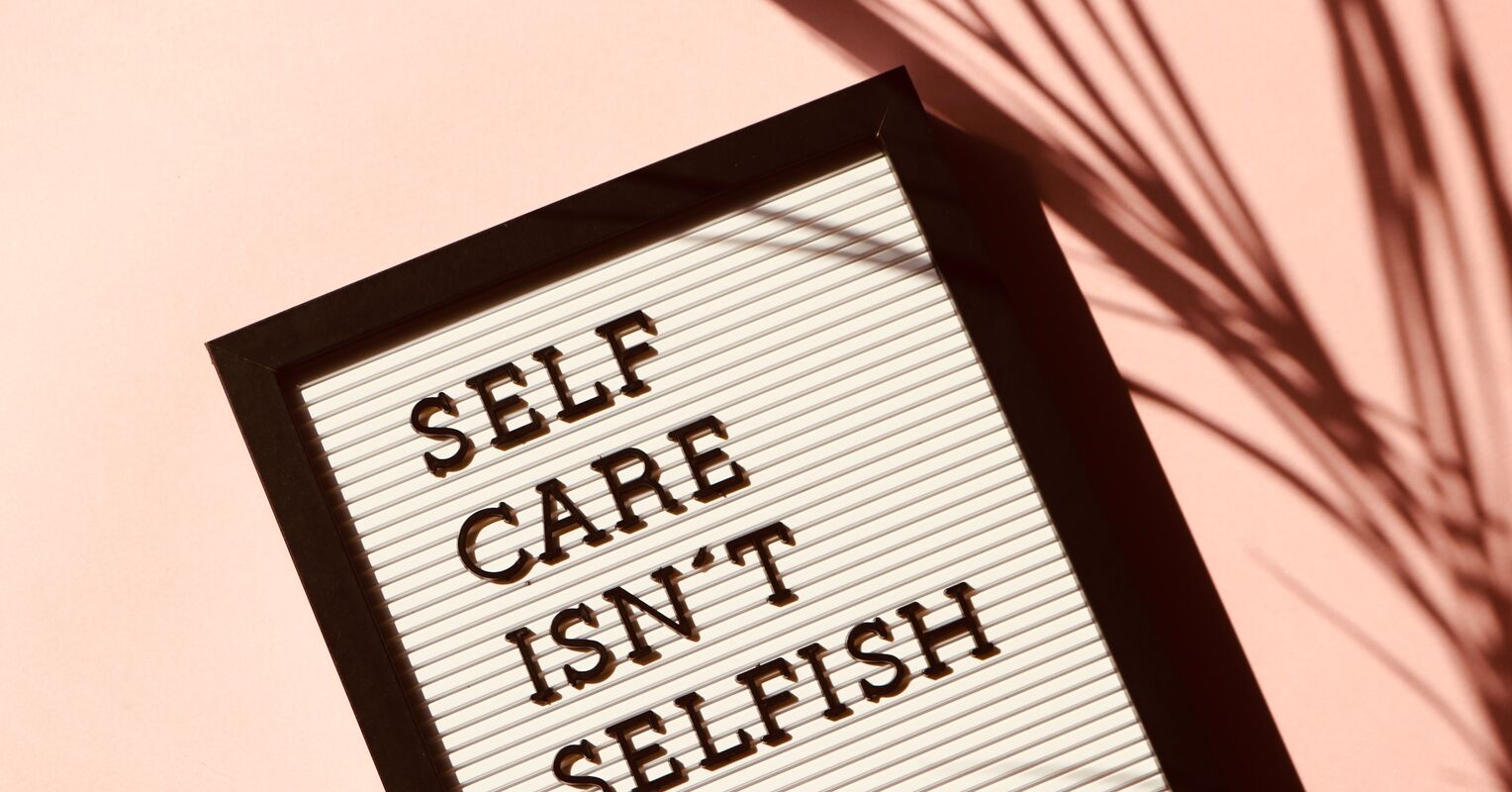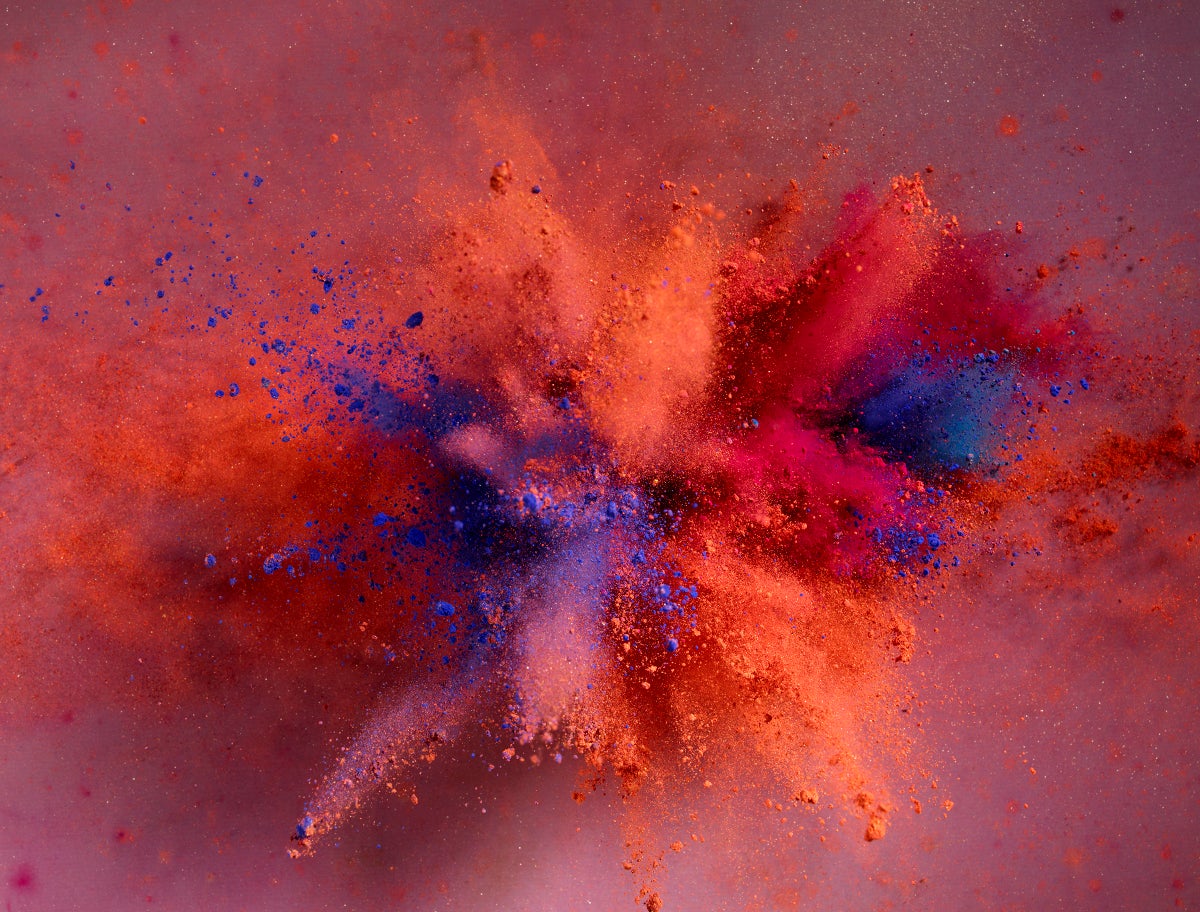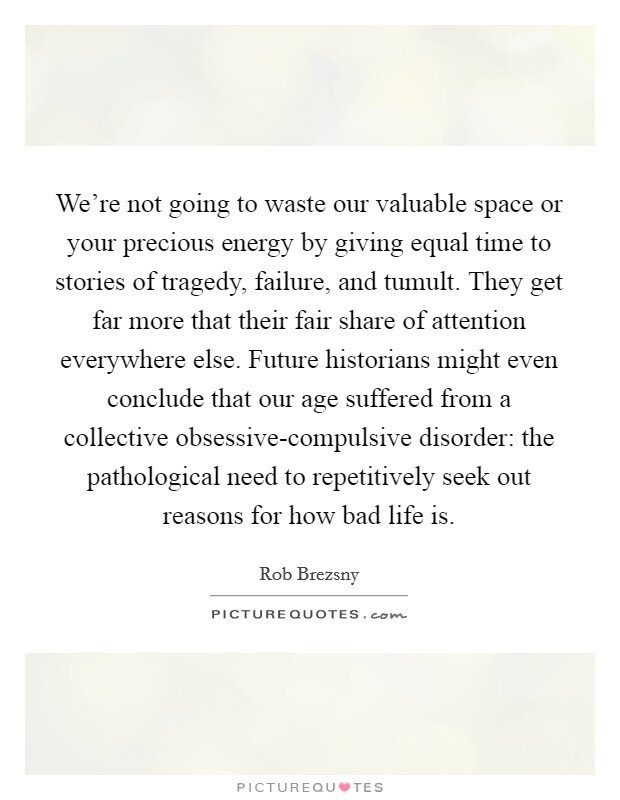You are using an out of date browser. It may not display this or other websites correctly.
You should upgrade or use an alternative browser.
You should upgrade or use an alternative browser.
More threads by Daniel E.

 www.healthline.com
www.healthline.com
The International OCD Foundation describes existential OCD as “intrusive, repetitive thinking about questions which cannot possibly be answered, and which may be philosophical or frightening in nature, or both.”
The questions usually revolve around:
For someone with existential OCD, though, the questions persist. The distress it evokes can be completely disabling.
 iocdf.org
iocdf.org
The most important thing to know is, based upon what we now know about treating OCD, you do not have to suffer! There is effective treatment out there, no matter what “flavor” of OCD you have — including Existential OCD. Every day that you are not getting help is another day you have to suffer. If you aren’t having much luck finding a treatment provider on your own, check out the “Find A Therapist” page on the IOCDF website to find an OCD treatment provider in your local area (International OCD Foundation | Find Help).

 www.sciencedirect.com
October 2020
www.sciencedirect.com
October 2020
Taken together, the findings demonstrate a strong relationship between death anxiety and the differing forms of OCD. Clinical implications include the possibility that fears of death may need to be directly addressed in order to produce long-term symptom amelioration. However, further research is needed to establish the potential causal role of death anxiety across different OCD subtypes...
Death anxiety has also been argued to play a role in other constructs which are central to OCD, such as indecisiveness. Indecisiveness has been shown to be driven by perfectionism and worries about making mistakes (Frost & Shows, 1993). Le Marne and Harris (2016) proposed that perfectionism is a means of dealing with death anxiety. Whilst often maladaptive, perfectionism may cultivate a sense of achievement or control, and increase self-esteem, a construct which has repeatedly been shown to allay fears of death (Greenberg, Pyszczynski, & Solomon, 1986). In support of this notion, significant positive correlations have been found between death anxiety and both perfectionism and concern over mistakes (Le Marne & Harris, 2016; Saboonchi & Lundh, 1997). These findings suggest that death anxiety may play a role in the presentations of individuals whose OCD is dominated by indecisiveness. However, neither of these studies utilised a clinical sample or measures designed to assess OCD symptomology in particular...

 impulsetherapy.com
impulsetherapy.com
Regardless of the flavor, OCD is really about uncertainty. It’s about doubt, the what if, and second guessing everything. All sufferers, independent of the specifics of their thoughts, share that in common: OCD tells them that they have to know.

 www.psychologytoday.com
by Lois Holzman Ph.D.
www.psychologytoday.com
by Lois Holzman Ph.D.
Why is the sky blue? Why does snow melt? Why do people die? Why is that man sleeping on the street? Why can’t I have ice cream? Why do I have to go to bed?
Young children are full of questions like these. They’ve learned from us that people ask why. As philosopher Ludwig Wittgenstein would say, they’ve learned to play a language game (a “form of life” or activity that human beings engage in), and through playing this particular language game over and over and over, they come to see and experience things and events causally and to expect that everything they encounter in the world is either the cause or the effect of something else...
Once we’re adults, “Why?” stays with us...
While mainstream therapy (of both the talk and drug variety) reinforces a causal view of the world, to those of us who practice non-causal approaches it is clear that much of people’s emotional pain comes from thinking causally—and we’re finding more and more evidence that challenging this way of thinking can be extremely helpful to people...

 www.psychologytoday.com
by Lois Holzman Ph.D.
www.psychologytoday.com
by Lois Holzman Ph.D.
...There’s another kind of unknown that refers not just to what’s unknown for now, but for tomorrow and, indeed, for all time. It’s unknown, yes, but that’s because it’s actually unknow-able. It’s this kind of unknown—the unknowable—that interests me as a psychologist. For if we look at the synonyms for unknowable, we find cabalistic, esoteric, mysterious, occult, and mystical—ways of seeing that rational beings should reject and even fear. Together, they paint a picture of some other world, not the one we “know.” Such is the cultural bias we live with—making it just about inconceivable that life on earth could be unknowable.
My professional experience leads me to see this bias as a form of self-harm. That’s because much, maybe even most, of our lives is, in fact, unknowable, and to not be able to see this (and move on to embrace it) is a setup for disappointment, paralysis, sadness, and more...

 www.scientificamerican.com
www.scientificamerican.com
"My goal is not just to get students to ooh and ahh over the directed-panspermia hypothesis of life’s origin, which says that aliens might have planted the seeds of life here on earth; or integrated information theory, a conjecture about how matter makes minds; or the fractal, chaotic, eternally self-reproducing inflationary model of our cosmic origin. My primary goal is to get my students to appreciate the mysteries that these dubious theories purport to solve."

It is worth considering, in light of the present findings, the relationship between humility and self-esteem, and their respective roles in terror management processes. Writings on humility repeatedly make the point that it is the secure who are humble, that no ego paradoxically is strong ego. Genuine humility, characterized by being able to acknowledge one's limitations and not needing to resort to defensiveness under ego threat, indeed connotes a firmly grounded sense of self-worth.
“When all else is stripped away physically, mentally, emotionally, spiritually, even existentially—we still have as our last vestige of human freedom the ability to choose at any given moment or in any circumstance how we may find meaning in our suffering.”
-- Viktor Frankl
-- Viktor Frankl
David Baxter PhD
Late Founder
What always impressed me about Viktor Frankl, even from when I first discovered him at age 16 in his book Man's Search For Meaning, is that no one has a better reason, right, and history for statements like this, born as they were in Auschwitz with the constant threat of death at any moment hanging over his head for years even after most of his family had already been killed.
See: Dr. Viktor E. Frankl of Vienna, Psychiatrist of the Search for Meaning, Dies at 92 - The New York Times
He was a shining testament to the true power of the human spirit.
See: Dr. Viktor E. Frankl of Vienna, Psychiatrist of the Search for Meaning, Dies at 92 - The New York Times
He was a shining testament to the true power of the human spirit.
Overcoming the Fear of Death
by David Burns
Many existential therapists believe that the fear of death is at the root of a great deal of anxiety, if not all anxiety. My clinical experience has not been consistent with this notion. I've had nearly 40,000 therapy sessions with patients struggling with anxiety, and very few had the fear of death.
But I have seen three kinds of patients who were afraid of death:
Patients without panic attacks who fear death. These patients can usually be treated rapidly as well. You’ll find out how in this ten-minute podcast on overcoming the fear of death! If you fear death, or have patients who are afraid of death, try the simple and fast method I describe in the podcast. You’ll probably think it couldn’t possibly help—and then you may discover that your fear of death has suddenly disappeared!
by David Burns
Many existential therapists believe that the fear of death is at the root of a great deal of anxiety, if not all anxiety. My clinical experience has not been consistent with this notion. I've had nearly 40,000 therapy sessions with patients struggling with anxiety, and very few had the fear of death.
But I have seen three kinds of patients who were afraid of death:
- Patients with panic disorder who think they're on the verge of death during their panic attack
- Obsessive patients without panic disorder who are preoccupied with the fear of dying.
- Patients with terminal illnesses.
Patients without panic attacks who fear death. These patients can usually be treated rapidly as well. You’ll find out how in this ten-minute podcast on overcoming the fear of death! If you fear death, or have patients who are afraid of death, try the simple and fast method I describe in the podcast. You’ll probably think it couldn’t possibly help—and then you may discover that your fear of death has suddenly disappeared!
Why We Fear Death and How to Overcome It
Sept 2, 2020
People with better physical health tend to fear death less. Researchers have found that those with better physical health tend to feel like there is more meaning in life. They also tend to have better mental health. These are the factors that make them fear death less. In a way, this can be encouraging even for those who cannot control their physical health. They may still be able to find meaning in life and work on their mental health to decrease their existential dread.
Sept 2, 2020
People with better physical health tend to fear death less. Researchers have found that those with better physical health tend to feel like there is more meaning in life. They also tend to have better mental health. These are the factors that make them fear death less. In a way, this can be encouraging even for those who cannot control their physical health. They may still be able to find meaning in life and work on their mental health to decrease their existential dread.
Just Keep Going
Nov 27, 2020
We humans have an almost pathetic desperation for certainty, despite the entirely uncertain world we live in. For some, not to know is excruciating agony...
One of the most poignant examples I have ever come across of desperation for certainty was that of a man whom palliative care specialist Rachel Clarke wrote about in her moving book Dear Life. Roger had been terrified ever since he was a child by not knowing when he would die, and had suffered over the years from severe anxiety and depression.
Yet, when he was brought into the hospice, in serious pain, paralysed from the waist down by advanced prostate cancer and with the knowledge that he had just days or weeks to live, he was smiling broadly. Once his pain had been sorted out, he said, "I feel free. This is the first time in my life I have ever felt relaxed. None of my fears bothers me anymore. All the things like the kindness of nurses, a massage in the morning, time with my family - I can just enjoy them without worrying."
...We are resilient creatures and we can, indeed, keep going for as long as it takes when we set our minds to it. If we can admire the view along the way, better still.
Nov 27, 2020
We humans have an almost pathetic desperation for certainty, despite the entirely uncertain world we live in. For some, not to know is excruciating agony...
One of the most poignant examples I have ever come across of desperation for certainty was that of a man whom palliative care specialist Rachel Clarke wrote about in her moving book Dear Life. Roger had been terrified ever since he was a child by not knowing when he would die, and had suffered over the years from severe anxiety and depression.
Yet, when he was brought into the hospice, in serious pain, paralysed from the waist down by advanced prostate cancer and with the knowledge that he had just days or weeks to live, he was smiling broadly. Once his pain had been sorted out, he said, "I feel free. This is the first time in my life I have ever felt relaxed. None of my fears bothers me anymore. All the things like the kindness of nurses, a massage in the morning, time with my family - I can just enjoy them without worrying."
...We are resilient creatures and we can, indeed, keep going for as long as it takes when we set our minds to it. If we can admire the view along the way, better still.
Existential OCD FearCast Podcast
"With OCD and anxiety, it's not a thought problem, it's a feeling problem."
~ Kevin Foss, MFT
"With OCD and anxiety, it's not a thought problem, it's a feeling problem."
~ Kevin Foss, MFT
New Harbinger's interview with Steve Hayes (2006)
Pain is just pain. We all have it--all the time if you just look. For example, we all know we will die. There is some pain in that knowledge, and you can contact that knowledge anytime, anywhere. But that alone is not suffering. If you add in unwillingness to feel pain, entanglement with your thoughts about pain, and loss of your valued actions--now you've amplified pain into suffering. I've seen that exact thing happen with thoughts about death, for example. But YOU did it. The pain didn't do it. You see this in area after area: Anxiety + unwillingness to feel anxiety and keep moving in a valued direction = panic. Sadness, loss, anxiety, or anger + unwillingness to feel sadness, loss, anxiety, or anger while moving in a valued direction = depression. Pain + unwillingness to feel pain = trauma.
Pain is just pain. We all have it--all the time if you just look. For example, we all know we will die. There is some pain in that knowledge, and you can contact that knowledge anytime, anywhere. But that alone is not suffering. If you add in unwillingness to feel pain, entanglement with your thoughts about pain, and loss of your valued actions--now you've amplified pain into suffering. I've seen that exact thing happen with thoughts about death, for example. But YOU did it. The pain didn't do it. You see this in area after area: Anxiety + unwillingness to feel anxiety and keep moving in a valued direction = panic. Sadness, loss, anxiety, or anger + unwillingness to feel sadness, loss, anxiety, or anger while moving in a valued direction = depression. Pain + unwillingness to feel pain = trauma.
How Childhood Emotional Neglect Makes Adult Life Feel Meaningless
by Dr. Jonice Webb
...Welcome your emotions back into your life.
I have seen over and over again that these three deceptively simple steps can make a huge difference in how important your life feels to you.
The fuel of life is feeling. If were not filled up in childhood, we must fill ourselves as adults. Otherwise we will find ourselves running on empty.
by Dr. Jonice Webb
...Welcome your emotions back into your life.
I have seen over and over again that these three deceptively simple steps can make a huge difference in how important your life feels to you.
- Try to feel: This may sound strange but it actually works. Making an effort to have an emotion will start to yield results. You will start to feel more.
- Tune in to your feelings: Chances are, youre having feelings all the time, but you are simply not aware of them. All this takes is focusing your attention more on what youre feeling. Several times a day pause, focus your attention inward, and ask yourself, What am I feeling right now?
- Increase your feeling word vocabulary:An important part of getting in touch with your feelings is being able to put words to them. You can find an exhaustive Feeling Word List [attached].
The fuel of life is feeling. If were not filled up in childhood, we must fill ourselves as adults. Otherwise we will find ourselves running on empty.
Attachments
Last edited:

I Had No Idea My ‘Existential Crises’ Were a Symptom of OCD
A lot of people think of OCD as being a “quirky” disorder. The reality is that it can be incredibly scary. What others might think of as a harmless philosophical question became entangled with my mental illness, wreaking havoc in my life.
The International OCD Foundation describes existential OCD as “intrusive, repetitive thinking about questions which cannot possibly be answered, and which may be philosophical or frightening in nature, or both.”
The questions usually revolve around:
- the meaning, purpose, or reality of life
- the existence and nature of the universe
- the existence and nature of the self
- certain existential concepts like infinity, death, or reality
For someone with existential OCD, though, the questions persist. The distress it evokes can be completely disabling.
To Be Or Not To Be, That Is The Obsession: Existential and Philosophical OCD
by Fred Penzel, PhD This article was initially published in the Fall 2013 edition of the OCD Newsletter. Many people in the general public and the media have a very stereotypical... Read more »
The most important thing to know is, based upon what we now know about treating OCD, you do not have to suffer! There is effective treatment out there, no matter what “flavor” of OCD you have — including Existential OCD. Every day that you are not getting help is another day you have to suffer. If you aren’t having much luck finding a treatment provider on your own, check out the “Find A Therapist” page on the IOCDF website to find an OCD treatment provider in your local area (International OCD Foundation | Find Help).

Subtypes of obsessive-compulsive disorder and their relationship to death anxiety
Recent theoretical and empirical research has demonstrated a relationship between death anxiety and obsessive-compulsive disorder (OCD), with a focus …
 www.sciencedirect.com
www.sciencedirect.com
Taken together, the findings demonstrate a strong relationship between death anxiety and the differing forms of OCD. Clinical implications include the possibility that fears of death may need to be directly addressed in order to produce long-term symptom amelioration. However, further research is needed to establish the potential causal role of death anxiety across different OCD subtypes...
Death anxiety has also been argued to play a role in other constructs which are central to OCD, such as indecisiveness. Indecisiveness has been shown to be driven by perfectionism and worries about making mistakes (Frost & Shows, 1993). Le Marne and Harris (2016) proposed that perfectionism is a means of dealing with death anxiety. Whilst often maladaptive, perfectionism may cultivate a sense of achievement or control, and increase self-esteem, a construct which has repeatedly been shown to allay fears of death (Greenberg, Pyszczynski, & Solomon, 1986). In support of this notion, significant positive correlations have been found between death anxiety and both perfectionism and concern over mistakes (Le Marne & Harris, 2016; Saboonchi & Lundh, 1997). These findings suggest that death anxiety may play a role in the presentations of individuals whose OCD is dominated by indecisiveness. However, neither of these studies utilised a clinical sample or measures designed to assess OCD symptomology in particular...
Last edited:

Existential OCD: An Obsession with Why - Impulse
OCD is a commonly misunderstood disease. In the eyes of the general population, it’s often perceived as an illness based on neurosis or personality quirks. Society sees OCD sufferers as particular people who keep their homes tidy, color code their soup cans, and wash their hands…a lot.
Regardless of the flavor, OCD is really about uncertainty. It’s about doubt, the what if, and second guessing everything. All sufferers, independent of the specifics of their thoughts, share that in common: OCD tells them that they have to know.

Why Ask Why?
We might be surprised at how we feel when we loosen the hold causality has on us.
Sometimes we just need to move on.
Why is the sky blue? Why does snow melt? Why do people die? Why is that man sleeping on the street? Why can’t I have ice cream? Why do I have to go to bed?
Young children are full of questions like these. They’ve learned from us that people ask why. As philosopher Ludwig Wittgenstein would say, they’ve learned to play a language game (a “form of life” or activity that human beings engage in), and through playing this particular language game over and over and over, they come to see and experience things and events causally and to expect that everything they encounter in the world is either the cause or the effect of something else...
Once we’re adults, “Why?” stays with us...
While mainstream therapy (of both the talk and drug variety) reinforces a causal view of the world, to those of us who practice non-causal approaches it is clear that much of people’s emotional pain comes from thinking causally—and we’re finding more and more evidence that challenging this way of thinking can be extremely helpful to people...
Last edited:

Do You Know What Self-Care Is?
It's easy to fool ourselves into thinking we know what's going to happen.
...There’s another kind of unknown that refers not just to what’s unknown for now, but for tomorrow and, indeed, for all time. It’s unknown, yes, but that’s because it’s actually unknow-able. It’s this kind of unknown—the unknowable—that interests me as a psychologist. For if we look at the synonyms for unknowable, we find cabalistic, esoteric, mysterious, occult, and mystical—ways of seeing that rational beings should reject and even fear. Together, they paint a picture of some other world, not the one we “know.” Such is the cultural bias we live with—making it just about inconceivable that life on earth could be unknowable.
My professional experience leads me to see this bias as a form of self-harm. That’s because much, maybe even most, of our lives is, in fact, unknowable, and to not be able to see this (and move on to embrace it) is a setup for disappointment, paralysis, sadness, and more...

Hearing about the Big Bang for the First Time
A jaded old science writer rediscovers the thrill of science by teaching undergraduates
"My goal is not just to get students to ooh and ahh over the directed-panspermia hypothesis of life’s origin, which says that aliens might have planted the seeds of life here on earth; or integrated information theory, a conjecture about how matter makes minds; or the fractal, chaotic, eternally self-reproducing inflationary model of our cosmic origin. My primary goal is to get my students to appreciate the mysteries that these dubious theories purport to solve."
Last edited:
A Quiet Ego Quiets Death Anxiety: Humility as an Existential Anxiety Buffer
Five studies tested the hypothesis that a quiet ego, as exemplified by humility, would buffer death anxiety. Humility is characterized by a willingness to accept the self and life without comforting illusions, and by low levels of self-focus. As a
www.academia.edu
It is worth considering, in light of the present findings, the relationship between humility and self-esteem, and their respective roles in terror management processes. Writings on humility repeatedly make the point that it is the secure who are humble, that no ego paradoxically is strong ego. Genuine humility, characterized by being able to acknowledge one's limitations and not needing to resort to defensiveness under ego threat, indeed connotes a firmly grounded sense of self-worth.
Last edited:
Replying is not possible. This forum is only available as an archive.
Similar threads
- Replies
- 0
- Views
- 14K
- Replies
- 1
- Views
- 5K

